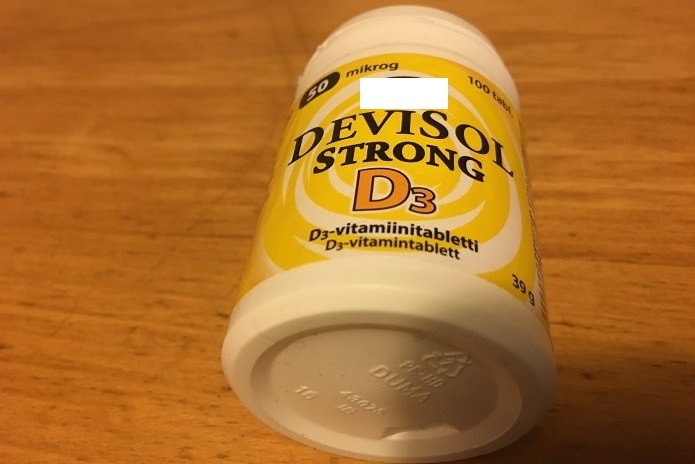Vitamin D plays role in coronavirus mortality rates
Published : 09 May 2020, 21:01
Updated : 10 May 2020, 01:40
A research team led by Northwestern University (NU) discovered that patients with severe vitamin D deficiency are twice as likely to experience severe complications, including death, according to a news release posted on NU's website on Thursday.
After conducting a statistical analysis of data from hospitals and clinics across China, France, Germany, Italy, Iran, South Korea, Spain, Switzerland, the United Kingdom (UK) and the United States, the researchers discovered a strong correlation between vitamin D levels and cytokine storm, a hyperinflammatory condition caused by an overactive immune system, as well as a correlation between vitamin D deficiency and mortality.
"Cytokine storm can severely damage lungs and lead to acute respiratory distress syndrome and death in patients," said Ali Daneshkhah, a postdoctoral research associate at NU and the study's first author. "This is what seems to kill a majority of COVID-19 patients, not the destruction of the lungs by the virus itself. It is the complications from the misdirected fire from the immune system."
Not only does vitamin D enhance human innate immune systems, it also prevents human immune systems from becoming dangerously overactive. This means that having healthy levels of vitamin D could protect patients against severe complications, including death, from COVID-19.
"Our analysis shows that it might be as high as cutting the mortality rate in half," said NU's Vadim Backman, a professor of biomedical engineering at NU's McCormick School of Engineering. "It will not prevent a patient from contracting the virus, but it may reduce complications and prevent death in those who are infected."
Backman said this correlation might help explain the many mysteries surrounding COVID-19, such as why children are less likely to die. Children do not yet have a fully developed acquired immune system, which is the immune system's second line of defense and more likely to overreact.
"Children primarily rely on their innate immune system," Backman said. "This may explain why their mortality rate is lower."
Backman said much more research is needed to know how vitamin D could be used most effectively to protect against COVID-19 complications.
"It is hard to say which dose is most beneficial for COVID-19," Backman said. "However, it is clear that vitamin D deficiency is harmful, and it can be easily addressed with appropriate supplementation. This might be another key to helping protect vulnerable populations, such as African-American and elderly patients, who have a prevalence of vitamin D deficiency."
The research is available on medRxiv, a preprint server for health sciences.


